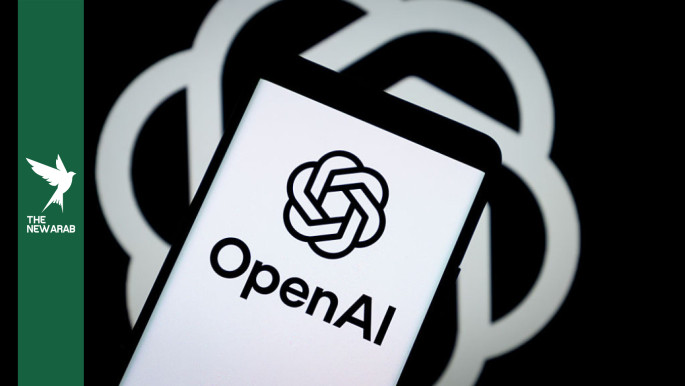The new colleges will open starting from the 2025–2026 academic year. [Getty]
As the first such move in the country, Iraq has decided to launch two colleges on Artificial Intelligence for the upcoming academic year.
On Monday, Iraqi Minister of Higher Education and Scientific Research Naeem al-Aboudi issued a ministerial order establishing two new colleges — the College of Excellence and the College of Artificial Intelligence—at the University of Baghdad.
The ministerial decision is part of a strategic vision to develop Iraq’s academic system and align it with global digital and knowledge transformations.
The new colleges will open starting from the 2025–2026 academic year, the ministry said in a statement.
The College of Excellence will include departments in Applied Information Systems, Data Science, E-Business Management, Accounting and Banking, Philosophy, and Sociology. Meanwhile, the College of Artificial Intelligence will offer specialisations in Engineering Applications, Biomedical Applications, and Big Data.
The ministerial order sets 20 August 2025 as the deadline to finalise the logistical and staffing requirements for both colleges. It also instructs the Directorate of Studies, Planning, and Follow-up to establish admission criteria and application mechanisms to attract talented students and support dynamic educational environments.
As investment in AI continues to increase, there are calls for issuing regulations on its use in various sectors.
Iraq is lacking any regulations for AI usage and investment, as its usage is increasing to include many aspects, including politics and the election race. The Iraqi government, Iraqi lawmakers and Non-Governmental Organisations stress that Iraq should have a law regulating AI.
Last year, Prime Minister Mohammed Shia al-Sudani, in the second meeting of the High Committee for Artificial Intelligence, reviewed government plans to develop AI-related capabilities across public sector employees, education, agriculture, and water resources. He also examined legislative policy efforts aimed at drafting a law to regulate the use of artificial intelligence applications.
He also approved the launch of an initiative to attract skilled professionals from abroad in both the public and private sectors to shape and implement policies to improve service quality for citizens.
Sarkawt Penjweni, Head of the Academy of Artificial Intelligence and Graphic Design, an NGO based in the Iraqi Kurdistan region, told The New Arab that they are currently working on a draft law for AI in the Kurdistan region with the cooperation of legal and information technology experts.
“We want the Kurdistan region to be the first one to have its law for regulating AI in the Middle East. The draft law aims to regulate and increase the use of AI in different life sectors, and focuses on preserving the rights of inventors, developers, and intellectual property rights,” he told TNA. “The bill also includes measures on how to prevent AI usage in defamation, breaching personal privacy.”
He indicated that the launch of the new colleges is very important for graduating experts in AI. However, Penjweni said the success of those colleges depends on how the Iraqi government prepare teachers and lecturers for the first academic year.
He said that, compared to the Arab countries, Iraq is behind in terms of AI usage and experts and that the lack of a law also creates a problem for investors in AI in Iraq.
TNA recently spoke with an Iraqi entrepreneur on AI, who said the lack of existing laws and annoying bureaucracy in Iraq are the main obstacles to investing in AI in the country.
The investor expressed willingness to register his company in the United States, and then to return to Iraq to work after obtaining formal licences from the US mother companies.

